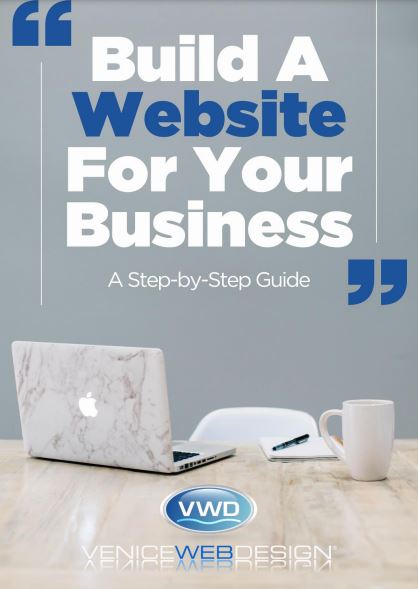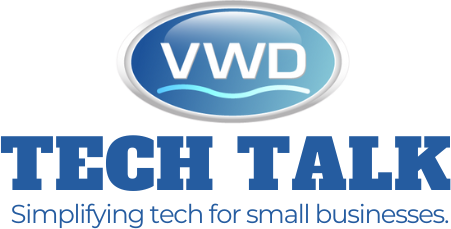If your website isn’t delivering the sales or leads you desire, it’s likely due to a lack of traffic or not attracting the right visitors. One common issue could be that your website needs a tune-up. Just like a car, a website has many components that need to work together for success.
These components include loading speed, mobile responsiveness, SEO optimization, and user interface. A website tune-up can significantly improve these aspects, leading to increased traffic, better search engine rankings, and more potential customers.
Regular website tune-ups are a powerful way to maintain your site’s health. By making a few simple yet effective adjustments, you can increase the volume and quality of your site’s traffic.
Neglecting these tune-ups, however, can lead to a decline in website performance, lower search engine rankings, and a loss of potential customers. Don’t let your website fall behind. Check out these 4 tips about website tune-up to make your journey more valuable.
1. Check Broken Links
Broken links on your website can be more than just a nuisance. They can seriously harm your user experience and SEO rankings. When visitors click on a link that redirects to a 404 error page, it not only frustrates them but also signals to search engines that your site may not be well-maintained. Regularly looking for and fixing broken links is not just a suggestion, it’s a crucial step for keeping your website healthy.
Tools like Google Search Console or third-party services can help identify these dead links. To use Google Search Console, for example, you would need to verify your website ownership, navigate to the ‘Coverage’ report, and look for any problems related to ‘404 Not Found’ pages.
By ensuring all links are functional, you improve navigation and retain visitors, which can lead to higher engagement and conversions.
Keeping your site free of broken links also helps maintain your site’s credibility and authority in the view of search engines, ultimately leading to better search rankings. Remember, you have the power to keep your website healthy and thriving.
2. Analyze Your Local Listing
Analyzing your local listing is imperative for enhancing your business’s presence in local search results. A local listing refers to your business’s online profile on platforms like Google My Business, Bing Places, and other local directories. Start by claiming your business on these platforms.
Ensure that all data—such as your business name, address, phone number, and operating hours—is up-to-date and consistent across all listings. A lack of consistency in your information can confuse prospective customers and negatively impact your search engine ranking.
Regularly updating your listings with fresh photos, posts, and promotions is not just a task, it’s a strategy to keep your audience engaged. Asking satisfied customers to post positive reviews is not just a request, it’s a way to significantly boost your local ranking and attract more traffic to your website.
Using analytics tools to monitor how people are finding your business and what actions they take after viewing your listing is not just a suggestion, it’s a way to gain valuable insights into areas for improvement.
By maintaining a well-optimized local listing, you are not just improving your online presence, you are better connecting with your local audience and driving more foot traffic and online engagements to your business.
3. Optimize Your All Images With Alt Texts
Adding alt texts to your images is crucial for SEO and accessibility. Alt texts (alternative texts) provide a textual description of images, which helps search engines understand the content of your pictures and improve your website’s ranking.
To optimize your images with alt texts, you can use the ‘alt’ attribute in your HTML code. Additionally, they enhance accessibility for visually challenged users using screen readers.
Why Alt Texts Matter
- Improves SEO: Search engines use alt texts to index images, making your content more searchable and increasing your website’s visibility.
- Enhances Accessibility: Alt texts enable screen readers to describe images to visually impaired users, ensuring your website is accessible to everyone.
- Provides Context: If an image is unable to load, alt text displays instead, giving context and maintaining the user experience. For example, if you have an image of a product on your website and it fails to load, the alt text can provide a brief description of the product, giving the user an idea of what the image was supposed to be.
4. Update the Metadata
The importance of metadata is undeniable in a website tune-up. Metadata includes elements like title tags, meta descriptions, and header tags, which are critical for SEO. These factors help search engines interpret the content of your website and influence how your pages appear in search results.
Why Metadata Matters
- Improves Search Engine Rankings: Properly optimized metadata helps search engines accurately index your site, which can boost your rankings.
- Increases Click-Through Rates (CTR): Engaging and relevant meta descriptions can generate more clicks from search engine results pages (SERPs).
- Enhances User Experience: Clear and descriptive metadata helps users easily identify the content of your page, improving their overall experience.
How to Optimize Metadata
- Title Tags: Craft concise, keyword-rich titles for each page. Ensure they are unique and accurately reflect the page content. Aim for 50-60 characters.
- Meta Descriptions: Write compelling descriptions that summarize the page content and include relevant keywords. Keep them between 150-160 characters.
- Header Tags (H1, H2, H3): Use header tags to structure your content logically. Include keywords where appropriate to help search engines and visitors recognize the hierarchy and importance of the content.
The Bottom Line!
Website tune-up is a crucial step for every small and large enterprise. However, navigating this process alone can be challenging. This is where Venice Web Design steps in, ready to bring value to your needs. Our professional website tune-up solutions are not just effective, they’re transformative.
We start by auditing the whole site, including broken links, metadata, alt texts, etc. We then focus on optimizing the website for better search engine rankings.
Finally, we provide you with a comprehensive report outlining our findings and recommendations, giving you the confidence that your website is in expert hands.


